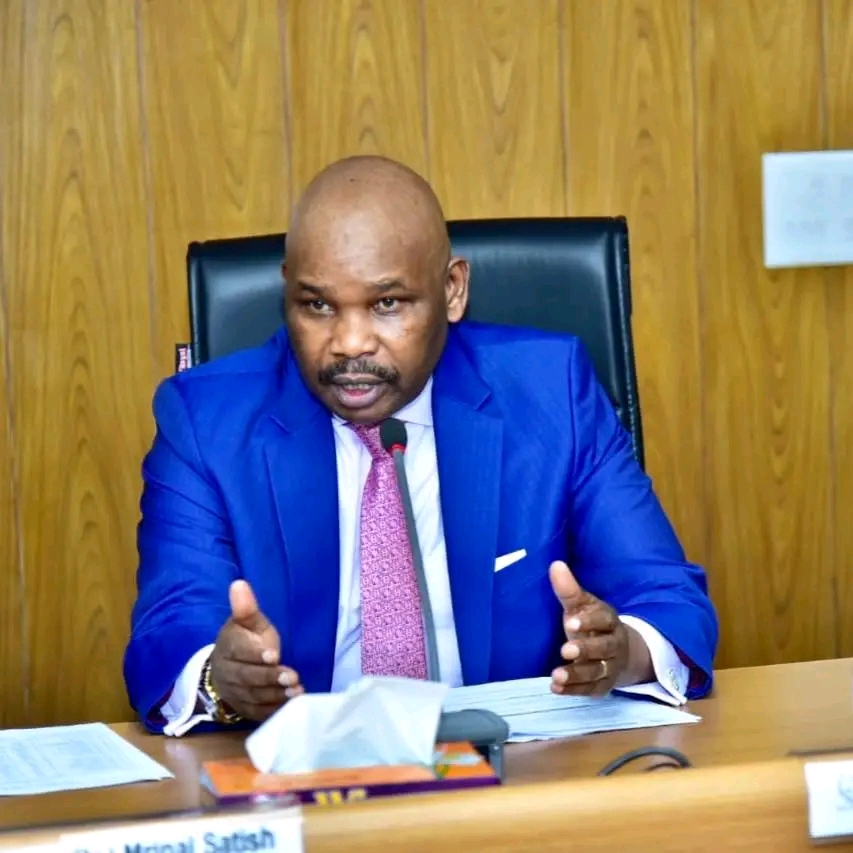Deputy President Gachagua’s Alleged Betrayal Stirs Controversy in Mt. Kenya

By Prof Makau Mutua
In a surprising turn of events, Deputy President Rigathi Gachagua has sparked debate over his comments regarding loyalty and betrayal within the political landscape of Mt. Kenya. Critics argue that Gachagua’s recent statements reflect either a profound misunderstanding of the region’s political history or a deliberate attempt to rewrite it.
Historically, the Mt. Kenya political elite have engaged in a series of betrayals that have shaped the course of the region’s leadership. From Jomo Kenyatta’s betrayal of Jaramogi Oginga Odinga to Mwai Kibaki’s abandonment of Raila Odinga and Kalonzo Musyoka, political disloyalty has seemingly been a defining characteristic of the area’s power dynamics. Most recently, former President Uhuru Kenyatta’s decision to pivot away from Musalia Mudavadi further exemplifies this trend.
Gachagua, in recent remarks, suggested that the people of Mt. Kenya abhor betrayal, a statement met with backlash from political analysts and historians alike. Critics have pointed out the glaring contradictions between Gachagua’s comments and the historical actions of past leaders from the region, leading many to question the Deputy President’s grasp of his constituents’ political narrative.
“This revisionist history is troubling,” said political analyst Dr. Jane Waweru. “Mt. Kenya’s leaders have thrived on strategic betrayals that have, in many cases, propelled their careers. Gachagua’s statements suggest a disconnect from the realities of our political past.”
Supporters of Gachagua, however, argue that his comments reflect a desire to foster a more loyal political culture moving forward. “It’s about time we focused on unity and integrity rather than the politics of betrayal,” said a close ally of the Deputy President.
As tensions rise, the implications of Gachagua’s statements could reverberate throughout the region’s political landscape, challenging the established norms that have long defined Mt. Kenya’s politics. The question remains: will the Deputy President’s call for loyalty resonate with a populace accustomed to the political machinations of betrayal, or will it further alienate him from the very people he seeks to represent?
As political observers continue to dissect this narrative, one thing is clear: in the realm of Kenyan politics, the lines between loyalty and betrayal remain perilously thin.








